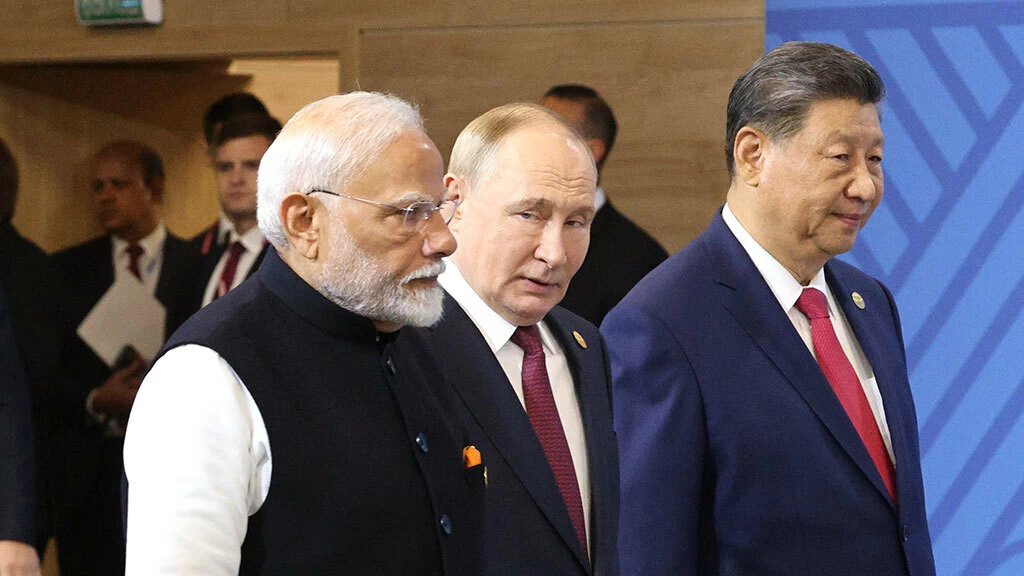
In the days leading up to the Alaska summit between Russian President Vladimir Putin and U.S. leader Donald Trump, the Kremlin has been actively engaging with global partners. Putin held discussions with the leaders of 11 nations — including South Africa, Uzbekistan, Kazakhstan, China, Belarus, India, Brazil, Tajikistan, Kyrgyzstan, and North Korea — to brief them on the upcoming talks. Armenian Prime Minister Nikol Pashinyan also reached out to the Russian leader to exchange views on the meeting.
Media outlets in these countries continue to analyze the possible outcomes. On August 13, The Indian Express ran a piece highlighting Ukraine’s vulnerable position, not only on the battlefield but also in diplomatic maneuvering. Indian Prime Minister Narendra Modi, in a statement posted by Foreign Ministry spokesperson Randhir Jaiswal, welcomed the summit and expressed hope for an agreement that could pave the way for peace.
Alexey Kupriyanov, head of the Indian Ocean Region Center at IMEMO RAS, noted that India’s strategic interests favor normalized U.S.–Russia relations. Both countries remain vital trade and economic partners for New Delhi, which leverages U.S. concerns over China’s growing influence. Although India has benefited from discounted Russian oil since the Ukraine conflict began, the prolonged war limits its diplomatic flexibility.
Gleb Makarevich, a research fellow at IMEMO RAS, added that India wants the conflict resolved quickly to ease the pressure of balancing relations with Russia, the U.S., and Ukraine. He emphasized that Indian policymakers believe only a strong and stable Russia, Europe, and U.S. can maintain global order — hence, they aim for sustainable peace, regardless of the specific settlement terms.
China is also closely watching the Alaska talks. CGTN described the summit as “long-awaited,” while Xinhua reported President Xi Jinping’s positive stance toward the meeting. According to Vasily Kashin, director of the HSE Center for Comprehensive Economic Studies, Beijing supports ending the conflict but largely on Moscow’s terms, fearing a weakened Russia could lead to heightened Western pressure on China. A compromise, Kashin explained, could ease Chinese-European tensions and reduce the risk of secondary U.S. sanctions on Chinese businesses.
In Central Asia, Putin’s outreach to regional leaders signals a shift toward greater consultation. Stanislav Pritchin, head of the Central Asia sector at IMEMO RAS, said that these countries have long viewed unilateral Russian decisions as dismissive. Now, with the region’s geopolitical significance growing, Moscow is seeking alignment.
Interestingly, while Central Asian leaders publicly support ending the conflict, some quietly benefit from its continuation. Sanctions against Russia have boosted the region’s role as a transit hub for parallel imports, creating unexpected economic advantages.
As global eyes turn to Alaska, the summit is shaping up as more than a bilateral encounter — it’s a stage where multiple nations, each with distinct interests, are hoping for an outcome that serves their strategic goals.